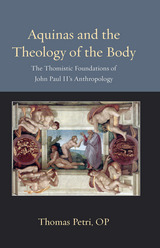
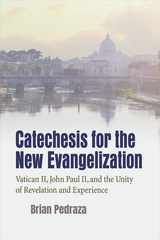
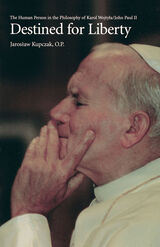
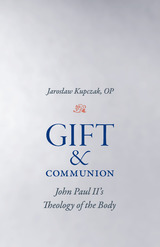

It was by far the most controversial document to emerge from Vatican II — Dignitatis Humanae, or the Declaration on Religious Freedom. Drafted largely by prominent Jesuit theologian John Courtney Murray, it represented a departure from previous Catholic teachings in that it acknowledged and accepted as normative the separation between Church and State and declared religious freedom a fundamental human right. In doing this, it set forth guidelines for the role of the Catholic Church in secular liberal and pluralistic societies.
Nearly four decades later, Hermínio Rico examines the continued relevance of this declaration in today's world, compares its most paradigmatic interpretations, and proposes a reconsideration of its import for contemporary church-society relationships. He offers a detailed analysis of how Pope John Paul II has appropriated, interpreted, and developed the main themes of the document, and how he has applied them to such contentious modern issues as the fall of Communism and the rise of secular pluralism. In addition, Rico sets forth his own vision of the future of Dignitatis Humanae, and how the profound themes of the declaration can be applied in years to come to help the church find a way to engage effectively with, and within, pluralistic societies.
Of interest to students of Catholic thought, church-society relationships, the legacy of John Courtney Murray, and the teachings of John Paul II, this book offers a fresh perspective on one of the most important documents in the modern history of the Catholic church.
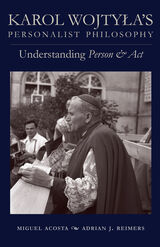

Pope John Paul II is the second longest serving pope in history and the longest serving pope of the last century. His presence has thrown a long shadow across our time, and his influence on Catholics and non-Catholics throughout the world cannot be denied. Much has been written about this pope, but until now, no one has provided a systematic and thorough analysis of the moral theology that underlies his moral teachings and its astonishing influence. And no one is better positioned to do this than Charles E. Curran, widely recognized as the leading American Catholic moral theologian.
Curran focuses on the authoritative statements, specifically the fourteen papal encyclicals the pope has written over the past twenty-five years, to examine how well the pope has addressed the broad issues and problems in the Church today. Curran begins with a discussion of the theological presuppositions of John Paul II's moral teaching and moral theology. Subsequent chapters address his theological methodology, his ethical methodology, and his fundamental moral theology together with his understanding of human life. Finally, Curran deals with the specific issues of globalization, marriage, conscience, human acts, and the many issues involved in social and sexual ethics.
While finding much to admire, Curran is nonetheless fiercely precise in his analysis and rigorously thoughtful in his criticism of much of the methodological aspects of the pope's moral theology—in his use of scripture, tradition, and previous hierarchical teaching; in theological aspects including Christology, eschatology, and the validity of human sources of moral wisdom and knowledge; and in anthropology, the ethical model and natural law. Brilliantly constructed and fearlessly argued, this will be the definitive measure of Pope John Paul II's moral theology for years to come.
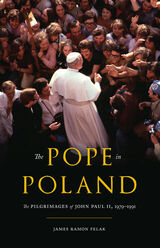
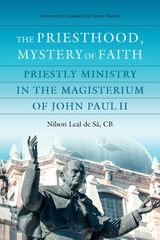
READERS
Browse our collection.
PUBLISHERS
See BiblioVault's publisher services.
STUDENT SERVICES
Files for college accessibility offices.
UChicago Accessibility Resources
home | accessibility | search | about | contact us
BiblioVault ® 2001 - 2024
The University of Chicago Press









